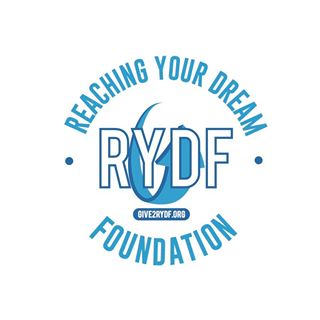Best Practices For Working And Interacting With Referees
Athlete-to-Professional, Becoming a Pro, News
by Dr. Tim Baghurst
www.goatsports.pro
Originally published by the Reaching Your Dream Foundation on 10/23/2017.
———-
Referees: the word evokes a variety of images and feelings for many. To some, they can be a second opponent. But to others, they are a support, and an assurance that the best player will emerge the winner, and not the one who complained the most.
Years ago, I was a FIFA certified soccer referee. As one might imagine, I endured plenty of challenges in that role. However, in 2010 that I became involved in refereeing international racquetball. Since then, I have continued to serve as an international referee, and these experiences have allowed me to see and deal with all kinds of situations. The purpose of this article is not to share my stories, but to explain how these experiences can be used to develop best practices for athletes and coaches when interacting with officials.
Trained Versus Untrained Officials
Although a generalization, trained and qualified referees are much easier to work and communicate with. It is expected that those with some form of training (there are different kinds) have a basic understanding of the rules and care enough about officiating that they have taken the time to get training. That is a good start. Therefore, you can and should have greater trust in their knowledge of the rules.
[Read More]
